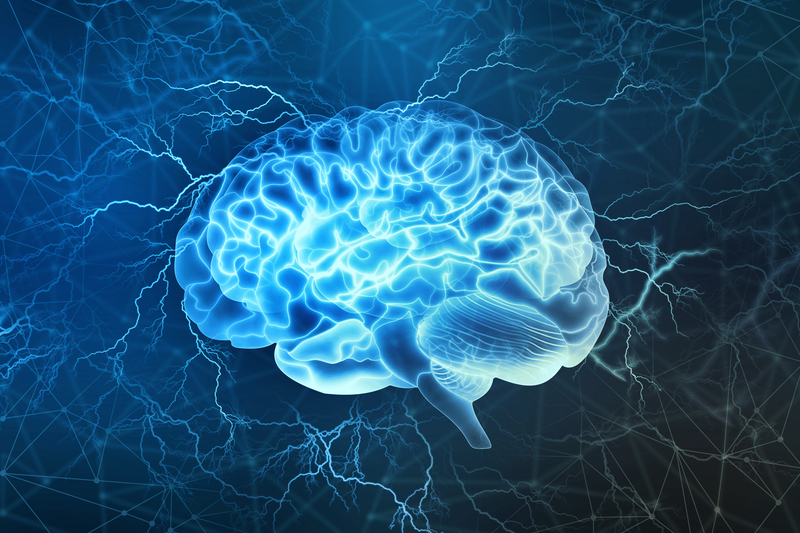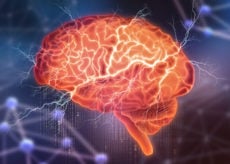Can You Reverse Brain Aging with Diet and Exercise?

As we get older, we may start to notice a gray hair or two, some fine lines and wrinkles on our faces, and the toll that gravity seems to be taking on our bodies. Of course, aging doesn’t just affect the outsides of our bodies but the insides as well—and brain aging is no exception.
And most of us are concerned with how well our brains age. According to a 2016 survey conducted by the AARP, 93% of Americans rate maintaining brain health as very or extremely important. 1 Fortunately, we have more control than you might imagine when it comes to how well our brains age.
While it’s well-known how effective diet and exercise can be for improving overall health and body composition, what about brain health? After all, it seems that many of the “exercises” recommended to help keep the brain young deal only with cognitive function, such as playing brain games, doing puzzles, learning to play a musical instrument, or discovering a new language. Socializing with friends and properly managing stress are two more great ways to help fight against an aging brain.
Exercise, Diet and Brain Aging
Fortunately, combining exercise with a healthy diet is now also in the spotlight due to a recent study published in the journal Neurology. 2
Researchers wanted to find out both the independent and additive effects of aerobic exercise—35 minutes of walking or stationary cycling just 3 times a week—and the DASH diet on executive function in older adults who had cognitive impairments (but not dementia). At an average age of 65, 160 men and women, who had been sedentary, were randomly assigned to six months of aerobic exercise, the DASH diet with nutritional counseling, a combination of both, or simple health education without being asked to change their exercise or dietary habits (i.e., the control group).
When the study began, the researchers assessed each participant’s executive function (which encompasses capacities like working memory, paying attention, starting tasks and staying focused on them, understanding different points of view, regulating emotions, and self-monitoring), and they found that, on average, the participants’ cognitive skills were similar to folks in their early 90s—roughly 28 years older than their chronological age.
At the end of the six-month study, the researchers found that the folks in the aerobic exercise group (but not the diet-only group) demonstrated significant improvements in executive function. The most impressive gains, however, were the combined exercise PLUS diet group. Practically speaking, this combined group was found to reverse brain aging by nine years!
Meanwhile, a review study from 2016 found similar results: Engaging in physical activity and cognitive activities while eating a diet that’s high in healthy fats and plant phytonutrients (e.g., the Mediterranean Diet) kept the effects of aging and neurodegeneration at bay for longer. 3
Another review article found in the journal NeuroImage, which looked at 14 different studies and the effects of aerobic exercise, found “promising implications for using exercise to attenuate age-related neurological decline.” 4
All of this research indicates that exercise and a healthy diet don’t just do a body good—they’re good for preserving and enhancing a younger, sharper brain for longer. And it doesn’t have to be complicated or difficult. A simple exercise routine, like walking or cycling, a few times a week may improve thinking skills; meanwhile, improving the quality of your diet by consuming more vegetables, fruits, and whole plant-based foods (along with the phytonutrients they provide) and more healthy fats (e.g., fatty fish, nuts, seeds, avocados, olives) appears to help brain aging even more.





